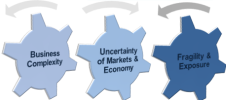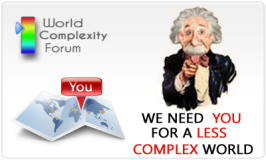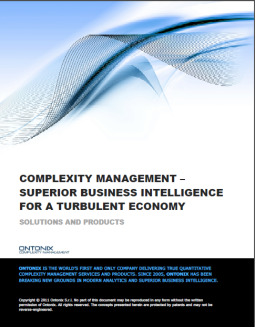2010 Report Updates: FS cannot function without trust
Thursday, 30 December, 2010 2 Comments
This is a “headline” so obvious that it may well be a contender for non-news item of the decade…
So you would be entitled to assume that strategists within major banks and insurers would be busily scurrying around frantically innovating new products and services that simply ooze customer value. Frankly, anything that rebuilds trust and engenders loyalty, in an effort to undo the reputational damage done in recent years.
Yeah right. Customers aren’t really that important…yet!
I commented upon Edelman Trust Barometer & “Which?” reports earlier in the year – found at the following link:
Transparency – Trust – Trends – TRANSFORMATION
I know I have been going on about this for a long time now BUT, from the distinct lack of any change of attitude or strategy, it appears that the customer message has not been taken on board. Further evidence of the arrogance of FS and, in my humble opinion, a very serious mistake. As we enter, what will be, a difficult and painful period for UK (and beyond) the realisation that the perpetrators of so much of the financial misery have “escaped”, unscathed – apart from a lot of Governmental and Regulatory rhetoric, will lead to a public backlash! Of course this has most serious implications for Government as society suffers.
FS firms who wait before offering truly innovative solutions and reintroducing customer value – instead of stripping it our for themselves and for their distributions channels – will only confirm, to the informed observer, that they have failed to learn any lesson from past, inglorious, failure.

















